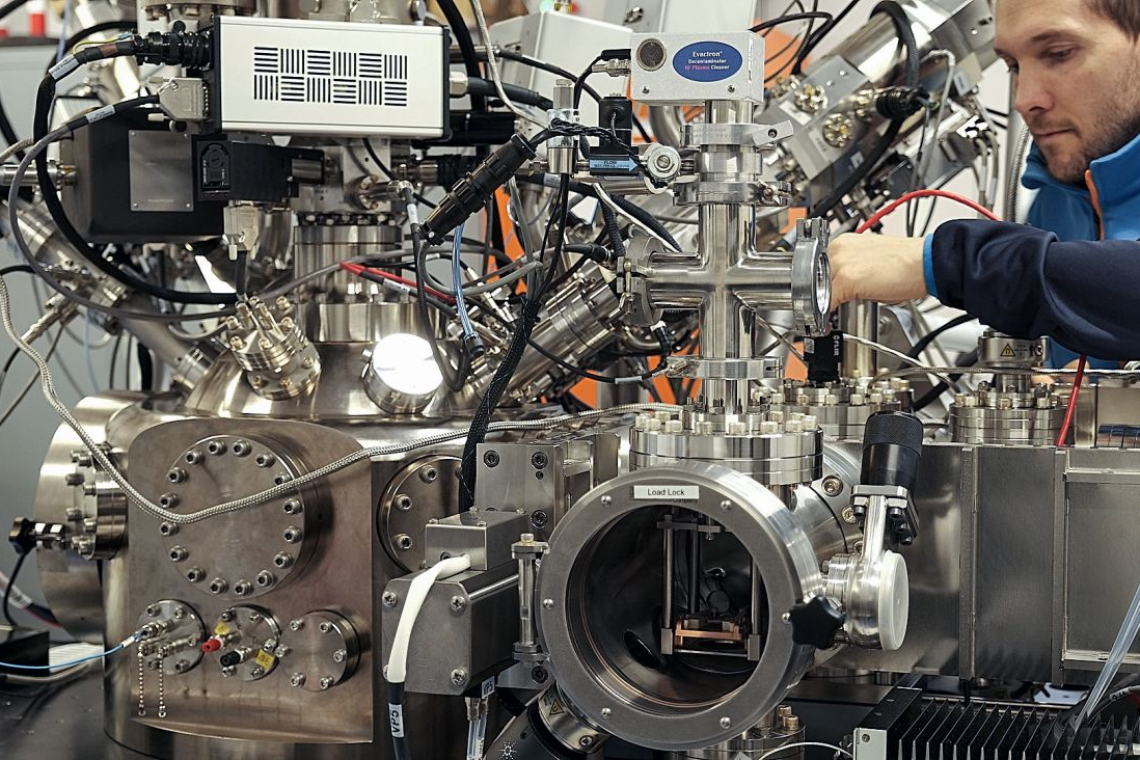As part of the EQUSPACE consortium (Enabling New Quantum Frontiers with Spin Acoustics in Silicon), the Helmholtz-Zentrum Dresden-Rossendorf (HZDR) is working with partners to develop a new type of silicon-based quantum platform and further advance silicon-based quantum technologies. The silicon infrastructure already developed with semiconductor technology could also be used to process qubits, the quantum mechanical information units. So-called donor spin qubits would be well suited for this. They use the spin of foreign atoms to process information.
A team from the Institute of Ion Beam Physics and Materials Research at the HZDR will use a focused ion beam to locally enrich ultra-pure silicon with the isotope silicon-28. Through targeted enrichment with special isotopes, longer stable quantum states can be realized. In addition to isotope purification, the team is developing the single-ion implantation of donor atoms. By implanting bismuth atoms, whose spin forms a two-state system that can point either "up" or "down", qubits are generated in which both states exist simultaneously in superpositions at very low temperatures. This allows quantum computers to perform many calculations in parallel, which would drastically increase their computing power.


